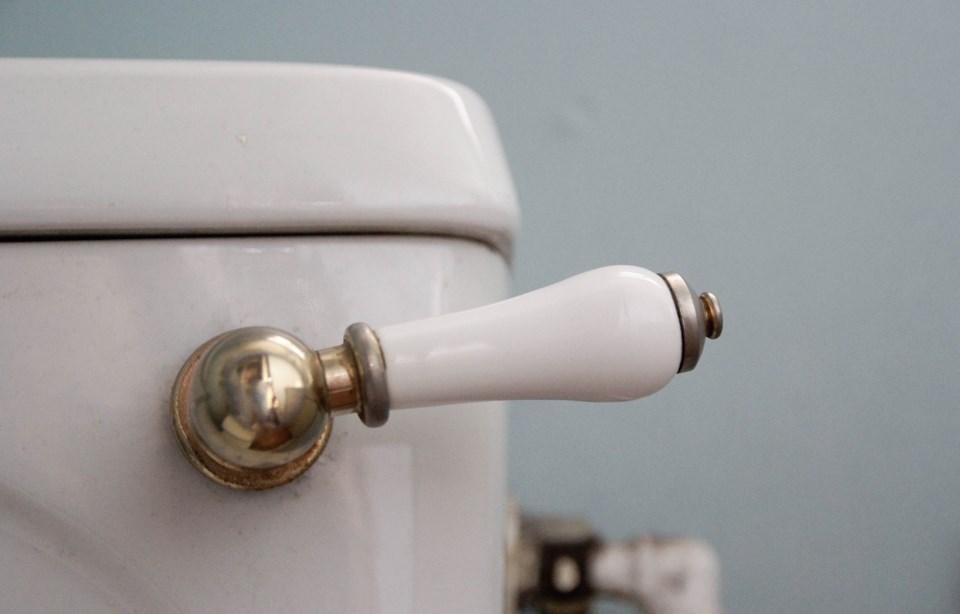Frank Rogers would like to see "a very digestible way to pay for my waste without undue constipation." He was talking about Area B's Curran Road wastewater system and how improvements to small-scale Sunshine Coast Regional District (SCRD) sewage systems are funded.
At the SCRD’s electoral services committee meeting on June 16., Rogers, spokesperson for the Curran Road system, and Peter Galbraith, representing the nearby area of Square Bay, said they want to see improvement costs shared among reserves, debt financing and senior government grants.
Last fall, staff recommended such improvements be funded from reserves and debt, (the thinking was that grants aren't guaranteed and debt financing may require elector approval).
Galbraith said that funding entirely from reserves, which are fed by fees to property owners, places an undue burden on current owners to pay for improvements that may not be made for 80 years. He acknowledged that shifting entirely to debt financing would, on the other hand, be unfair to future property owners, paying for replacements of long-used infrastructure. He wants to see a balanced approach to funding, with any available grants helping out.
Coast-wide asset management policy?
Both individuals encouraged the committee to recommend the SCRD create an asset management policy that would address replacements for wastewater systems and other infrastructure, Coast-wide.
“We believe that the SCRD needs to have a formal written policy that governs how you want to fund the project… if you don’t have those, you are going to have ad hoc solutions that may not be supportable,” said Galbraith.
The committee members said they appreciated having users come forward with suggested solutions rather than complaints.
Area E Director Donna McMahon said she liked the idea of a policy on funding, but that in the case of wastewater systems located in various areas, they are very different in their size, age and design. She also said that in estimating the costs of replacements in future years, everyone needs to be aware that “two per cent annual inflation is in the rear-view mirror now.”
Unlikely to happen before the election
Rogers and Galbraith also wanted to see such policies debated before the existing board term ends.
That timing would be difficult to meet, SCRD director of finance Tina Perrault said. Community engagement processes on wastewater systems are slated for September. To take public input into consideration would mean that reports would go to committee in October or November. That would mean recommendations would not be at the board for consideration until after the Oct. 15 elections.
Area B director Lori Pratt, acknowledged that there will be changes at the board level after Oct. 15, with Area D Director Tize stating he will not seek re-election and her candidacy in the upcoming race in limbo. She noted that more information on the engagement process and next steps would be discussed at future committee meetings.
Galbraith said that the SCRD’s most recent engagement processes with those involved with the Square Bay system were very “positive." He said he hoped that the local government would continue to balance the approach used in those sessions between “education," where staff explain what is being recommended with “listening,” where input is welcomed and seriously considered.



